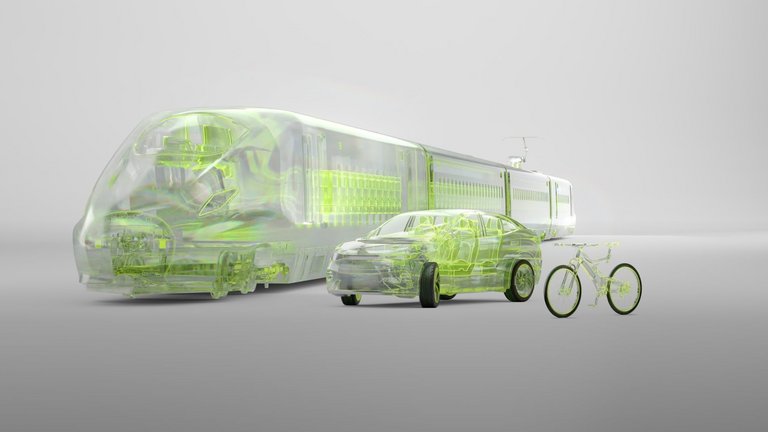Carbon neutrality
Significantly limiting global warming to below 2 degrees Celsius is essential for mitigating climate change. For this, companies need to operate carbon-neutrally. Continental is committed to the Paris Agreement and is aiming for 100% carbon neutrality by 2050 at the latest – along its entire value chain.
Carbon neutrality throughout own production
Continental emits around one million tons of CO2 through its own operation. This is to be carbon-neutral across the entire group by 2040.
In order to achieve this goal, we aim to implement three concrete steps:
- Switch all energy purchased to green energy. Here we have already achieved one milestone: since 2020, Continental has been purchasing green electricity for its own operations worldwide and has thereby reduced its own emissions by around 70%.
- Implement energy efficiency measures and make use of new technologies to reduce our emissions in production processes to a minimum.
- Neutralize our remaining emissions.
The independent Science Based Targets initiative (SBTi) has confirmed that this reduction path is in line with the Paris Agreement’s target path of 1.5 degrees.
Carbon neutrality along our entire value chain
Most of the emissions generated in our value chain – equating to around 99% – are generated outside of production. High emissions are generated through the use of our products, through the purchase of goods and services and through the end-of-life treatment of our products. For carbon-neutral products, a comprehensive view of the value chain is essential.
Our ambition: by 2050 at the latest, our entire value chain is to be carbon-neutral, including raw material procurement, suppliers, use of the product and recycling at the end of its life cycle.
Achieving carbon neutrality throughout the value chain, however, is not Continental’s responsibility alone, but requires sustainability efforts on the part of customers, suppliers and other partners. We want to cooperate closely with them and utilize our shared potential. For example, we are working on increasingly switching to renewable and recycled materials, promoting the use of green electricity all along the supply chain and expanding our portfolio with emission-free mobility and industry.
At the end of 2020, the independent Science Based Targets initiative (SBTi) scientifically reviewed Continental’s climate change mitigation targets and confirmed that Continental is demonstrably helping to achieve the goals of the Paris Agreement. Significant investment and creative solutions are required in order to achieve these goals. However, doing so represents an opportunity for businesses and can open up new markets.
That is why we at Continental have set ourselves the goal of achieving 100% carbon neutrality along our entire value chain by 2050 at the latest.






